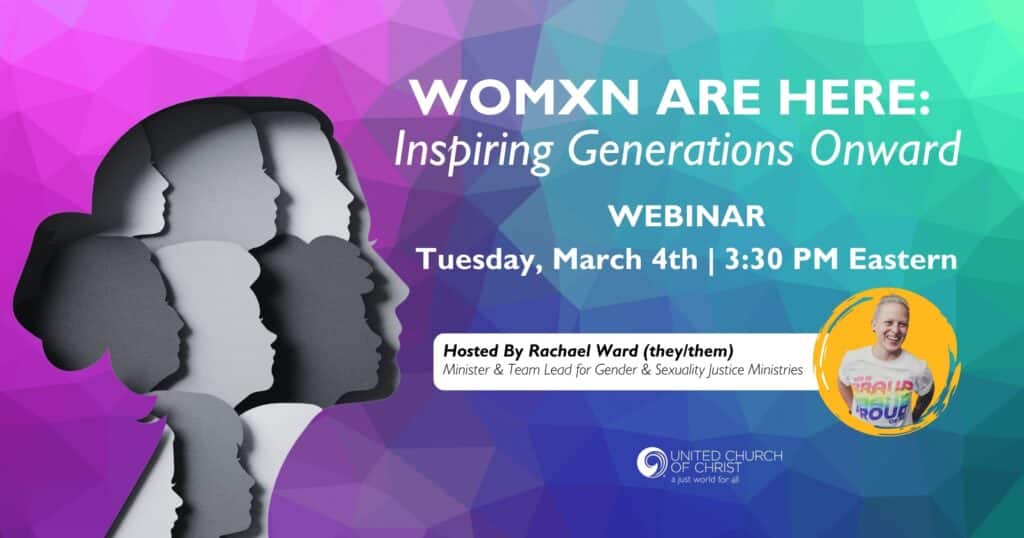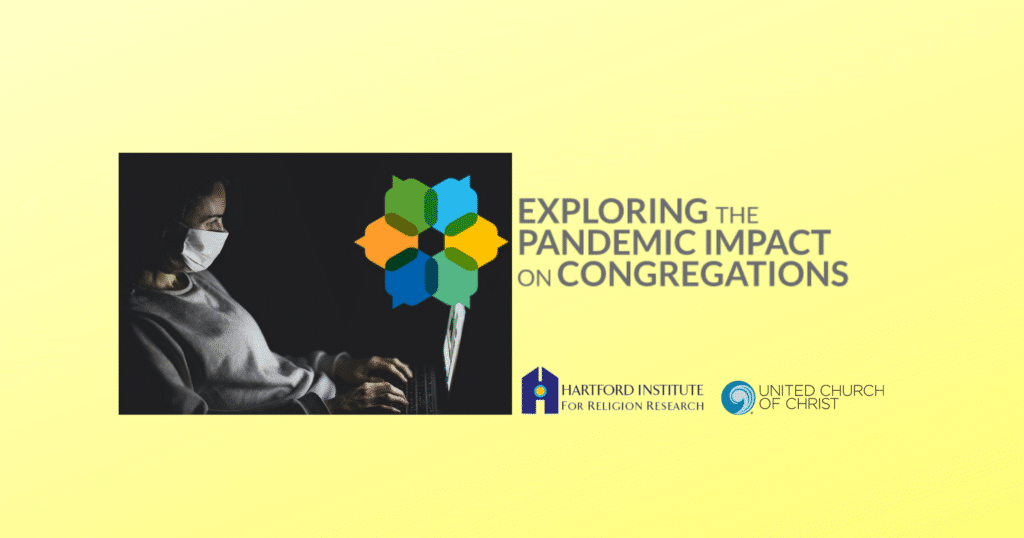Purchase of Manhattan’ opera marks milestone in Collegiate Church, Lenape Nation
The Collegiate Church of New York and the Lenape Nation took another step on a path of healing and reconciliation they set out on five years ago. This time they used music – a concert opera, “The Purchase of Manhattan” – to tell the story of that historic purchase through the eyes of Native Americans.
Premiering one week ahead of the Thanksgiving holiday, the concert curtain went up on Thursday, Nov. 20, for one show only inside Marble Collegiate Church in New York City, with almost 600 people in attendance. The proceeds from the opera will be used to develop a home for the Lenape Center in Manhattan.
The concert is the most recent outcome of the partnership between the Collegiate Church and Lenape Nation. Five years ago, the church acknowledged its part in “taking” the land by purchasing it from the Lenape, a people who did not believe in the concept of land ownership. It was the first step in trying to mend the wounds caused 400 years ago by European settlers.
“It’s showing a new way of being, a new way of projecting of how people can live together by acknowledging past sins — to create something new and fresh,” said the Rev. Robert Chase, founding director of Intersections International, a specialized ministry of the Collegiate Church. Intersections International is a multicultural, multifaith, global initiative, which supported the opera and the message behind it.
In November 2009, the Collegiate Church held a healing ceremony with representatives of the Lenape Nation, marking reconciliation between the two groups with the Collegiate Church publicly apologizing for the actions of its forbearers’ during the purchase, and imposing a different economic system on the Lenape people that caused hardship, violence and death. The church was the “company church” of the Dutch West Indies Company that “purchased” Manhatta (now Manhattan) from the local Native-American tribe.
The Healing Turtle Island ceremony that took place that day in lower Manhattan, which was attended by hundreds of people, marked the beginning of a new era in the relationship between the two communities, and served as the groundwork for the opera. “Turtle Island” is a reference among Native American people for the land that European settlers called “the new world.”
“Throughout the past five years, the Collegiate Church has been privileged to experience the graciousness and generosity of our Native American brothers and sisters,” Chase said. “The Lenape and their kin have been witness to the enduring commitment made five years ago as the Collegiate Church, open to exposing this old wound, has been dedicated in concrete ways to a new spirit of cooperation founded on mutual respect and affection.”
Since then, the Collegiate Church– the oldest corporation in North America dating back to 1628–has supported the Lenape Center. The center, which commissioned the opera, promotes the language and culture of the Native Americans who lived on the island before the Dutch arrived.
The Lenape Center’s executive director, Joe Baker, said the opera was a homecoming. “We really are retelling the early beginnings of New York City.”
“The Concert Opera ‘Purchase of Manhattan’ is the latest and most ambitious of these projects,” Chase said. “It takes the myth of the ‘purchase for $24 worth of beads and trinkets’ from a Native American perspective. Presenting the opera at Marble Collegiate Church—the very heart of power in colonial efforts to control the environment and its indigenous inhabitants—sends a powerful message. This ‘intersection’ is an important step in healing.”
The concert’s writer and composer, Brent Michael Davids, a Native American, described the performance as an “opera with movie score sensibility and rich orchestral sound,” and a mix between a Broadway performance and opera. There were no costume or set changes, and the opera was told in English, with accents of Native American melodies and singing.
“Native American culture is still not understood,” Davids said. “The stereotype is, the real Indians lived years ago, not now. So we’re still invisible. We’re still here, but we’re rendered invisible. The opera is designed to make people aware of who we are.”
Recently, the Collegiate Church and the UCC have explored ways to connect their ministry and relationships at the local, conference and national levels.
Related News
UCC celebrates Womxn’s History Month in March and beyond
Womxn's History Month is designated in March, and the United Church of Christ is celebrating....
Read MoreFive years later: How did the Covid-19 pandemic impact ministry?
On March 11, 2020, the World Health Organization officially declared Covid-19 a global...
Read MoreRev. Shari Prestemon nominated to serve as UCC’s Associate General Minister and Co-Executive, Global Ministries for Love of Neighbor Ministries
Re-entering the room at the March 2025 UCC Board Meeting in Cleveland to a standing ovation,...
Read More

